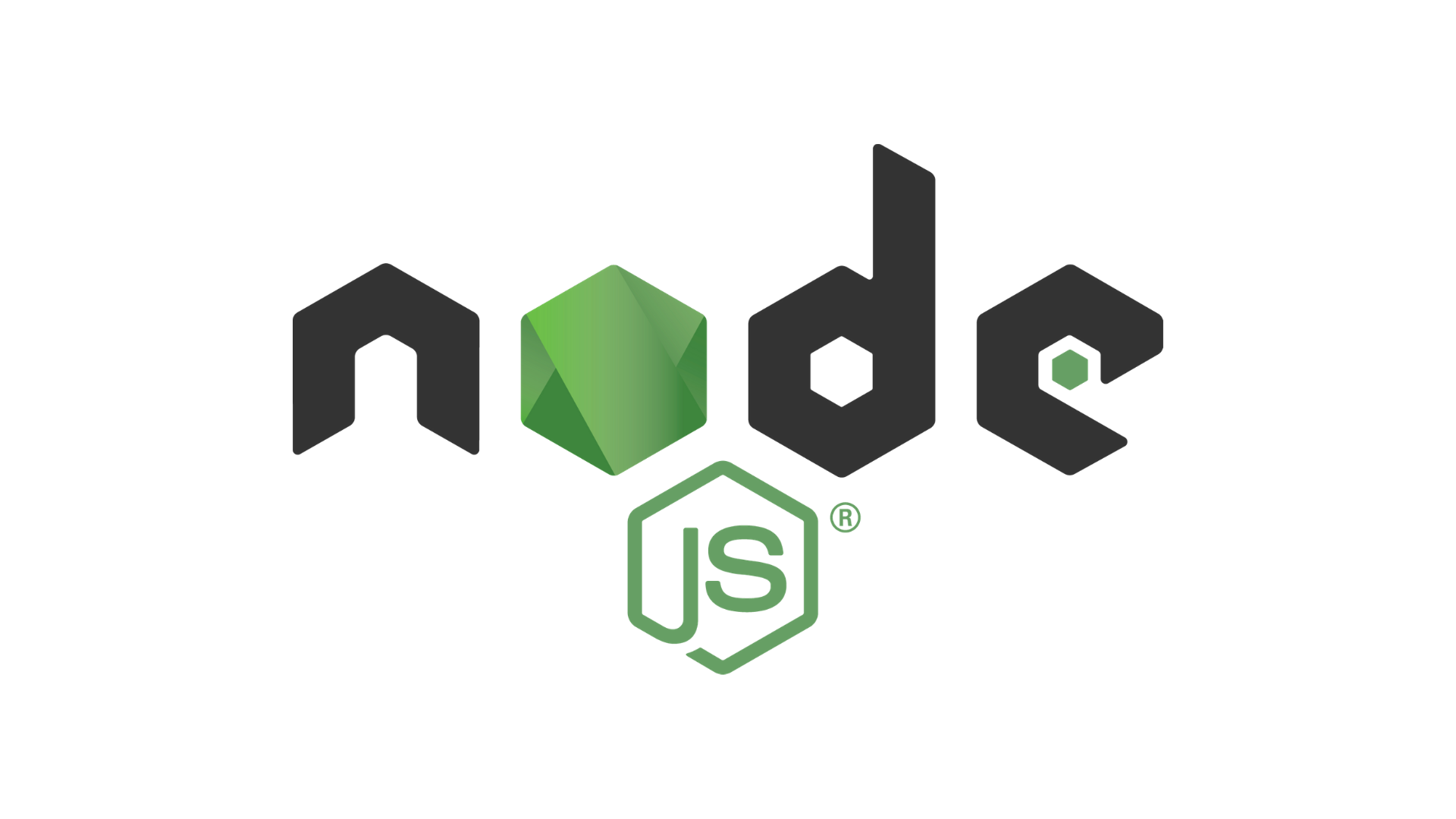

Once you are logged in to your server, run the following command to update your base system with the latest available packages. Connect to your Cloud Server via SSH and log in using the credentials highlighted at the top of the page. Create a new server, choosing Oracle Linux 8 as the operating system with at least 2GB RAM. Step 1 – Create Atlantic.Net Cloud Serverįirst, log in to your Atlantic.Net Cloud Server. A root password configured on your server.A server running Oracle Linux 8 on the Atlantic.Net Cloud Platform.In this post, we will show you how to install Node.js and NPM on Oracle Linux 8.

It is simple, lightweight, and supports a non-blocking I/O model and event-driven architecture. It is cross-platform and runs on different platforms including Windows, Linux, Unix, and Mac OS X. However, you can also use it as a full-stack and front-end solution. Node.js is designed for the back-end application.


It is built on Chrome’s V8 JavaScript engine and allows you to develop complex and very scalable web applications easily. With n installed on the machine, $HOME/n/bin/n will install any version of Node.js.Node.js is a free and open-source JavaScript library that is used to build scalable network applications.n-install execute n-install and say yes to question asked during the installation process. chmod +x n-install allows n-install to be executable.output option allows the result to be saved into a file. The -L option tells curl to accept URL redirect. curl -L -output n-install is download n, a Node.js version manager.Similarly, yum install -y make is to install make.The -y option tells yum to answer yes to the questions being asked during installation. yum install -y git to install git command line on the machine.In this case, the latest version of the major version will be installed. This is the magic script that will install any Node.js version you like into your Linux machine: yum install -y git yum install -y make curl -L -output n-install chmod +x n-install yes y |. If you want to install a specific version of Node.js, you need to be more involved. This method will only allow you to install the latest LTS versions, e.g. You can list the available streams using: dnf module list nodejs Where corresponds a major LTS version of Node.js, e.g. The latest Long-Term-Support (LTS) version of Node.js can be installed to RedHat-based Linux using the dnf package manager: dnf module -y install nodejs: Installing latest version of a specific Node.js stream Solutions to install any versions of Node.js on a RedHat-based Linux, including RedHat, Fedora, Oracle Linux and Centos.


 0 kommentar(er)
0 kommentar(er)
